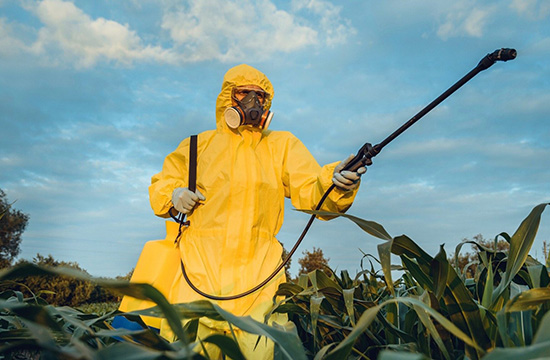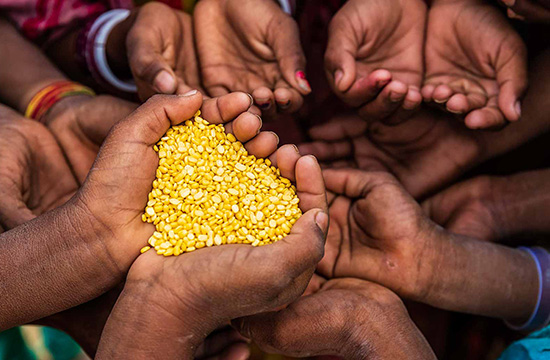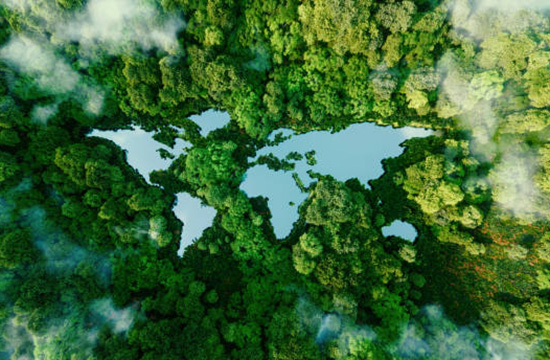
The environmental impact of human activities, particularly food production, has led to deforestation, soil degradation, water pollution, and climate change. The demand for food, especially protein-rich diets, has strained traditional production methods, relying heavily on chemical inputs and intensive farming techniques.
This unsustainable approach has pushed the planet to the brink, threatening ecosystems, biodiversity, and community well-being.
The challenge of resource efficiency in food production revolves around the need to maximize output while minimizing resource inputs. This includes optimizing water, energy, land, and other vital resources to ensure sustainable and environmentally responsible practices.
Transitioning to sustainable resource efficiency is crucial to mitigate environmental degradation and provide a resilient food supply for a growing population.


Aquaculture, as a promising solution to meet the growing global demand for protein, faces the challenge of transitioning from conventional to sustainable production approaches. Industrial or super-intensive practices often involve using antibiotics, chemicals, and intensive farming techniques that harm the environment and aquatic ecosystems.
The need to produce more food exacerbates this challenge, emphasizing the urgency to address sustainable practices in aquaculture.
The urgent need for eco-scaling demands immediate attention as we strive to implement sustainable practices on a larger scale. Global population growth, changing consumption patterns, and reliance on conventional, resource-intensive production methods contribute to environmental degradation.
The consequences of failing to achieve eco-scaling are far-reaching, threatening food security, human health, and the overall well-being of communities worldwide.


The challenge of limited natural resources, the decline in biodiversity, and the pressing need for sustainable growth demand immediate attention and collective action. The interconnected nature of these problems necessitates holistic solutions that address the root causes and promote sustainable practices.
By transitioning to sustainable and regenerative practices, we can mitigate the ecological impact of food production and pave the way for a healthier and more resilient future.

